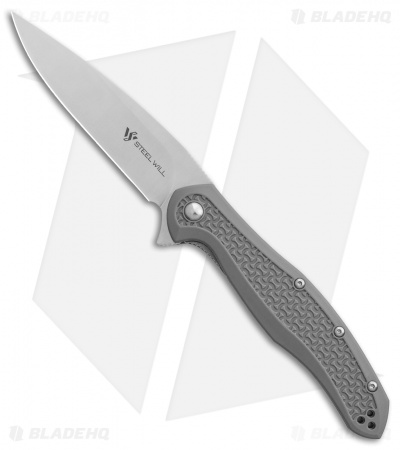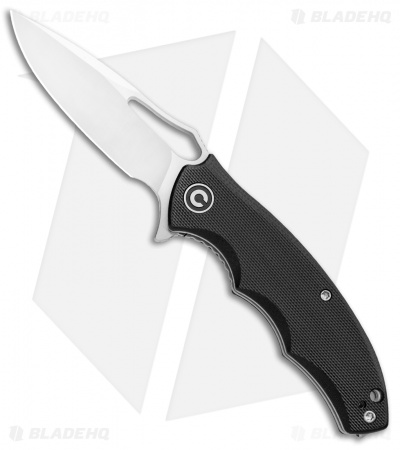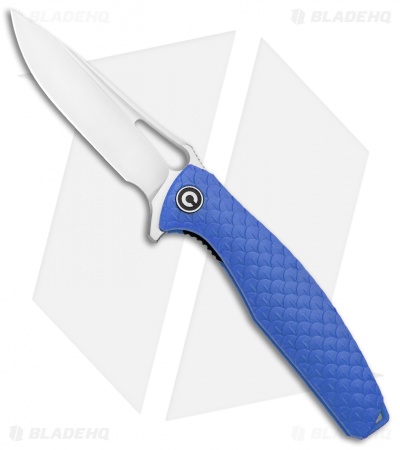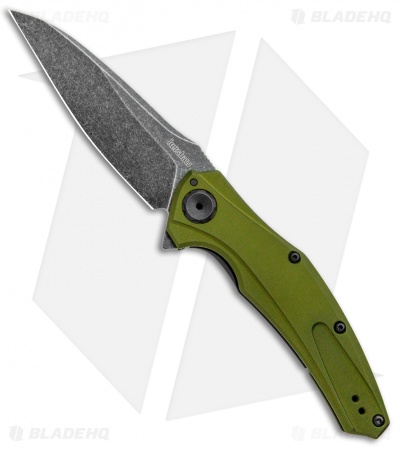I
do doubt their XRF test results. I used to run a materials laboratory and performed XRF testing via consoles and hand held units. I had no expertise in metallurgy; I used the XRF on petroleum products. XRF results are only as good as the quality of the calibration and the accuracy of the assumptions made in programming the blanks. You must have operators and programmers familiar with the particular materials. An XRF unit at a university or materials lab will not be set up to accurately measure metal compositions to the type of resolution needed to distinguish between, say, 8Cr and 9Cr.
A few years ago I bought a range of off-brand knives that advertised steel ranging from AUS8 to M390. I tried to test them myself on my lab's equipment, but it required me to make assumptions that I wasn't comfortable making. I turned to experts at Niagara and Crucible to provide backup, and in some cases they obtained different results than mine. To validate their XRF testing, Crucible smelted down part of the blade of one of the inconclusive knives to calibrate/validate the XRF results. It took destructive testing to let them feel confident in the non-destructive testing.
I have little faith that a YouTube interviewer will have the technical expertise to consistently provide data that is accurate and un-biased. The times they've gotten it right; well, even a blind squirrel can find a nut. I appreciate anyone who attempts to add to the knowledge pool available for us Knife Knuts, but LTK results absolutely MUST be taken with a grain of salt and a sense of doubt. Further, the hand held units that most of these apprentice testers are using are typically used for "go", "no go" testing on materials in a QC environment.
No, I don't agree to that at all. Both are wrong, both hurt legitimate manufacturers and designers. The only difference between a clone and a counterfeiter is the counterfeiter defrauds BOTH the maker and the consumer. I could argue the point, for a knife enthusiast, it hurts more to defraud the maker. Some could say that the consumer who buys a clone has simply failed to perform due diligence and has been complicit in their own defrauding. Per Sal, counterfeit knives AND clone knives almost did irreparable damage to Spyderco. You can try to paint these fouls with a broad brush in
50 shades of gray, but in truth the scope of damage can only be considered from the perspective of the victim.
I don't think you're looking that hard. I just filtered BladeHQ to bring up knives that have a 3-4" blade, Flipper, weight less than 3.5 ounces and price less than $100 USD (that's their lowest price range...hmmm...makes you think

.) All have better steel than 8Cr.
I got 65 options. All are from companies that are more reputable than Ganzo. In fact, reputable vendors don't even offer Ganzo as a choice.
Here's the link to the search...
https://www.bladehq.com/cat--Manual-Knives-
-45#/filter rice:*:100/filter:blade_length:3:3.49/filter:blade_length:3.5:4/filter
rice:*:100/filter:blade_length:3:3.49/filter:blade_length:3.5:4/filter pener:Flipper/filter:blade_material
pener:Flipper/filter:blade_material 2/sort
2/sort rice_sort_asc:asc/filter:weight:1.5:3.5/filter:blade_style
rice_sort_asc:asc/filter:weight:1.5:3.5/filter:blade_style rop$2520Point/filter:blade_material:14C28N/filter:blade_material:Bohler$2520N690/filter:blade_material:Acuto$252B/filter:blade_material:CPM-S35VN
rop$2520Point/filter:blade_material:14C28N/filter:blade_material:Bohler$2520N690/filter:blade_material:Acuto$252B/filter:blade_material:CPM-S35VN
There are some compelling knives there...
Things like the Steel Will Intrigue:
CIVIVI Little Fiend:
CIVIVI Wyvern:
Kershaw Bareknuckle:
These are just a few that meet your general specs but are infinitely better choices for a responsible knife buyer.
Yes, many of these cost a few dollars more than a Firebird, but you may find yourself having to make a more expensive choice. Good luck on your knife journey. If you decide to go on and purchase a Ganzo, I, for one, don't want to hear about it.




